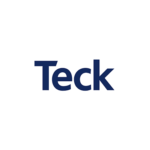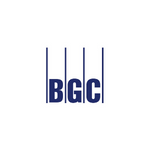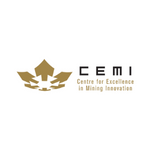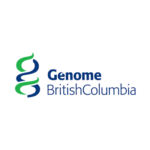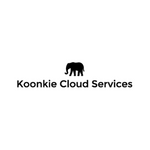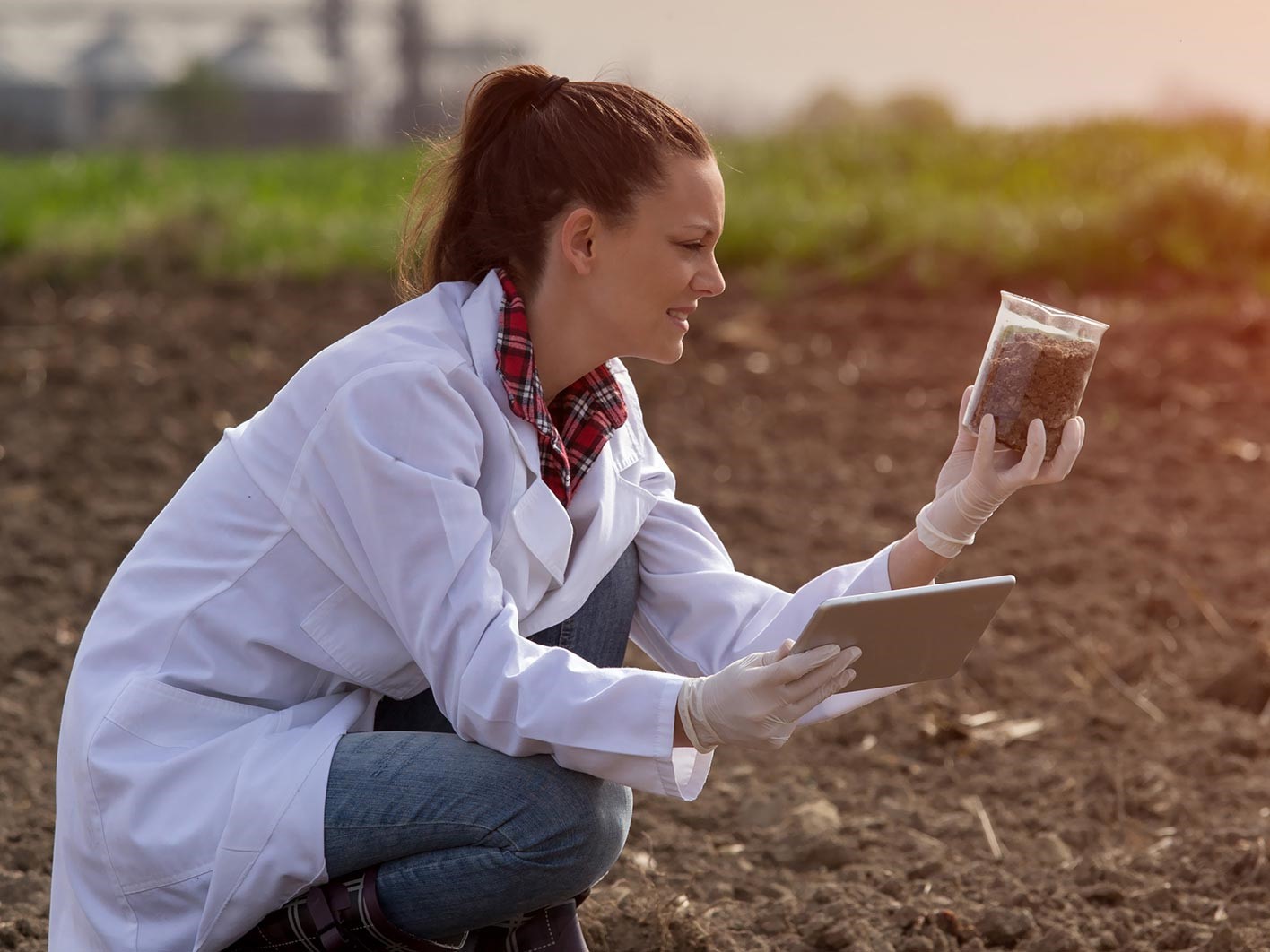
Mining Microbiome Analytics Platform (MMAP)
Creating break-through biomining solutions for natural resource extraction and green site remediation
Project Overview
The Problem
Minerals and metals are the building blocks to clean energy technologies and a better quality of life for people around the world. While the growing demand is leading to increased mining and resource development, it must happen responsibly – protecting the health and safety of nearby communities, rivers and lakes. This includes decarbonization and reducing the environmental risks associated with tailings and other waste streams.
How We Are Solving It
Microbiome analysis aims to support leading environmental practices across the mining lifecycle. By replacing traditional mining extraction and mine site remediation technologies with breakthrough biomining solutions, the Mining Microbiome Analytics Platform (MMAP) project will aim to be the catalyst for new sustainable mining practices.
Over the next decade, major Canadian mining companies, supported by the research, engineering, and consulting sectors, are working to accelerate progress towards more sustainable mining practices. The MMAP project is the largest investment in planned natural resource genomic sequencing in the history of the sector.
Teck, in partnership with Allonnia, BGC Engineering, the Centre for Excellence in Mining Innovation (CEMI), Koonkie Canada, Genome BC, Rio Tinto and the University of British Columbia, is creating the first integrative platform for collecting, storing, and analyzing the genomic data of water, soil and rock environments. The project also has the support of the BC Ministry of Energy, Mines and Low Carbon Innovation, as well as the Tahltan Central Government.
The MMAP project led by Teck will extract the DNA from more than 15,000 mining site samples over the next two years to identify naturally occurring and synthetic microbes that can replace chemicals used in the mineral extraction process of minerals and metals, and in remediation of mine sites. This genomic data will be sequenced and directly linked to geospatial data, climate data and chemical data to support global breakthroughs in biomining solutions for natural resource extraction and green site remediation.
Project Lead
Project Partners
-
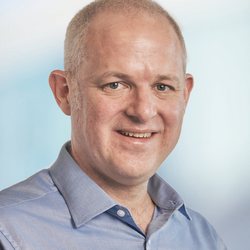
"As an early mining user of the platform, we see the transformative potential for this microbiome-based technology to promote environmental stewardship and help us achieve net zero emissions by 2050. By providing samples from our mines for genome sequencing, we are contributing to the potential development of breakthrough biological solutions to decarbonize the extraction and processing of metals and minerals, and to support the remediation of mine sites."
Chief Technical Officer, Rio Tinto Read the Project Announcement (Feb 1, 2022)
